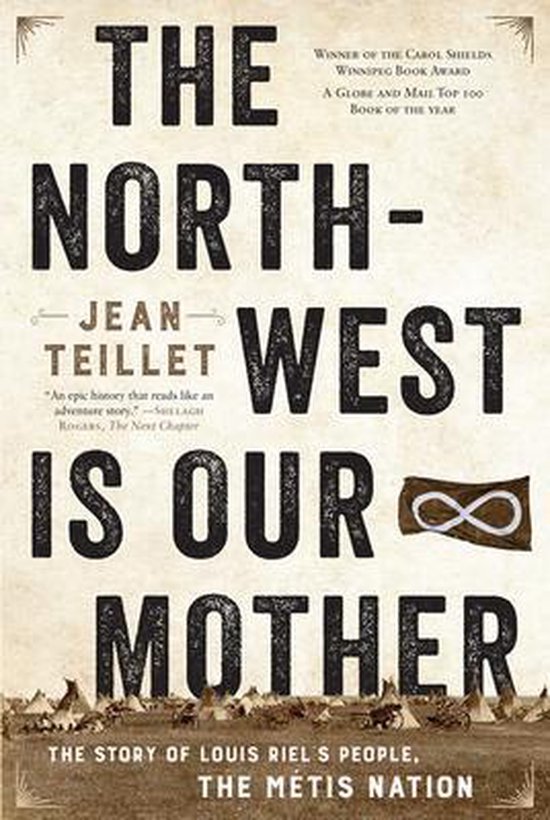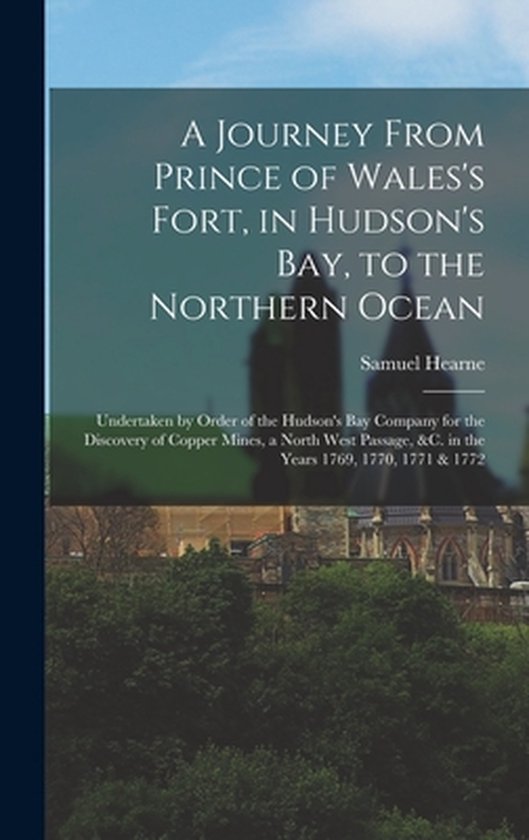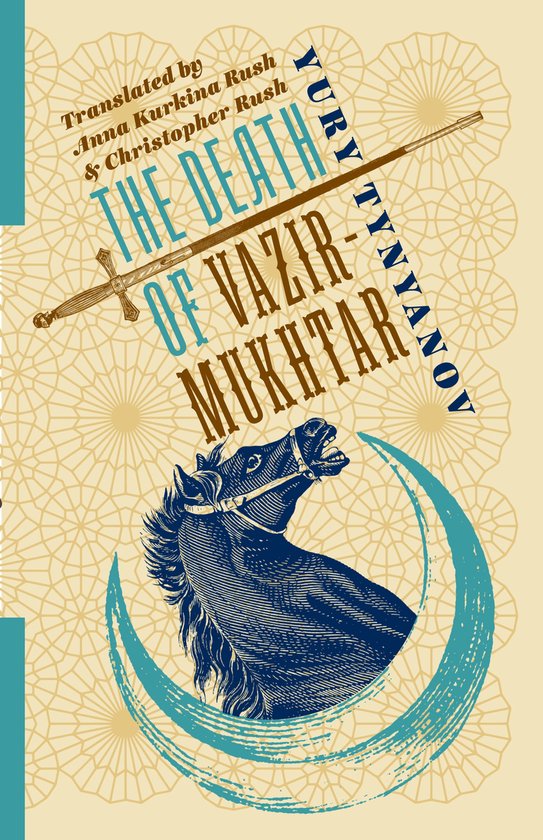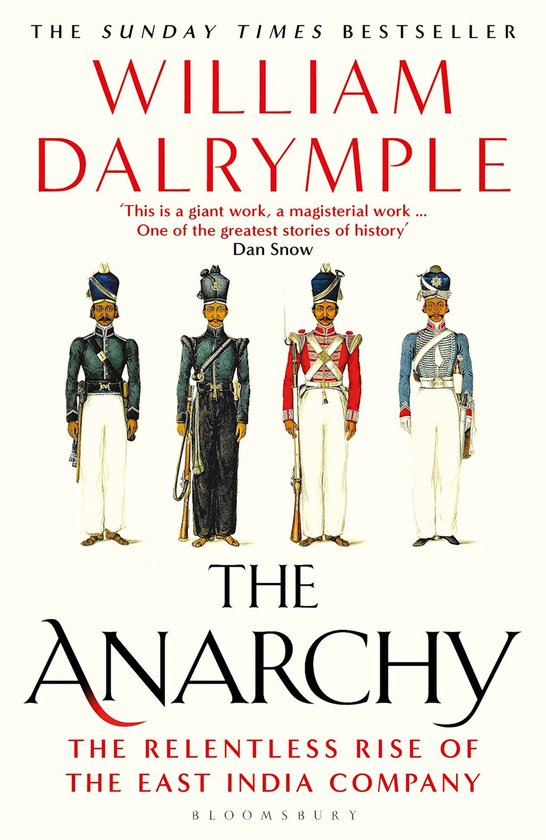
The North-West Is Our Mother
There is a missing chapter in the narrative of Canada’s Indigenous peoples—the story of the Métis Nation, a new Indigenous people descended from both First Nations and Europeans
Their story begins in the last decade of the eighteenth century in the Canadian North-West. Within twenty years the Métis proclaimed themselves a nation and won their first battle. Within forty years they were famous throughout North America for their military skills, their nomadic life and their buffalo hunts.
The Métis Nation didn’t just drift slowly into the Canadian consciousness in the early 1800s; it burst onto the scene fully formed. The Métis were flamboyant, defiant, loud and definitely not noble savages. They were nomads with a very different way of being in the world—always on the move, very much in the moment, passionate and fierce. They were romantics and visionaries with big dreams. They battled continuously—for recognition, for their lands and for their rights and freedoms. In 1870 and 1885, led by the iconic Louis Riel, they fought back when Canada took their lands. These acts of resistance became defining moments in Canadian history, with implications that reverberate to this day: Western alienation, Indigenous rights and the French/English divide.
After being defeated at the Battle of Batoche in 1885, the Métis lived in hiding for twenty years. But early in the twentieth century, they determined to hide no more and began a long, successful fight back into the Canadian consciousness. The Métis people are now recognized in Canada as a distinct Indigenous nation. Written by the great-grandniece of Louis Riel, this popular and engaging history of “forgotten people” tells the story up to the present era of national reconciliation with Indigenous peoples.
2019 marks the 175th anniversary of Louis Riel’s birthday (October 22, 1844)
| Auteur | | Jean Teillet |
| Taal | | Engels |
| Type | | Paperback |
| Categorie | | Mens & Maatschappij |





